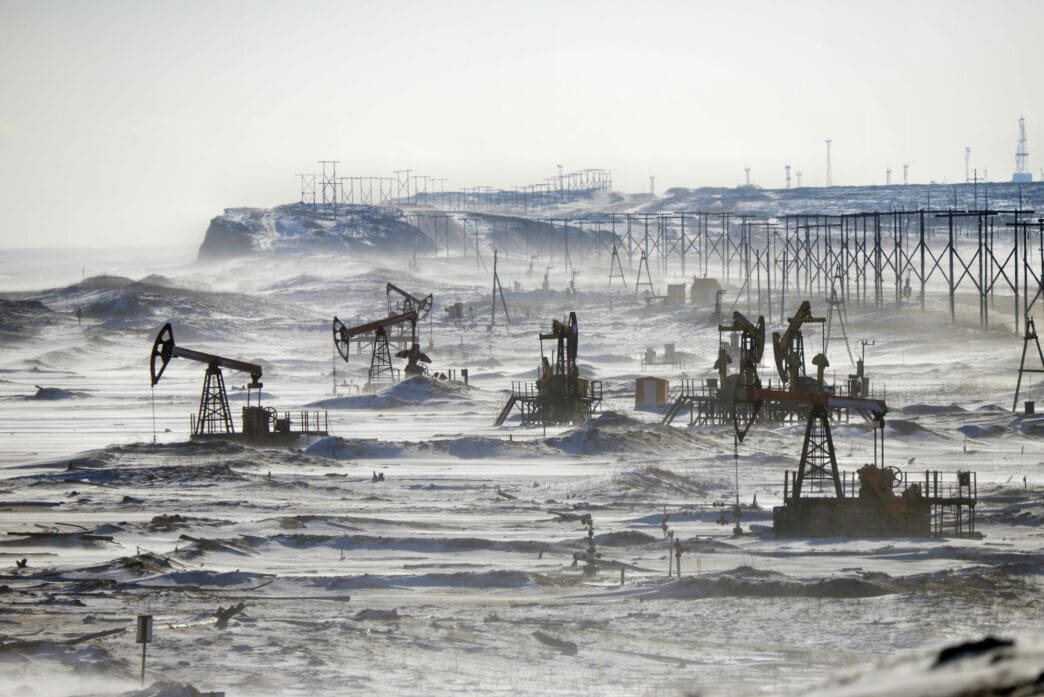Executive Summary
The Story So Far
Why This Matters
Who Thinks What?
Polish Deputy Foreign Minister Władysław Teofil Bartoszewski on Wednesday publicly rebuked Hungarian Prime Minister Viktor Orbán following Orbán’s criticism of Polish Prime Minister Donald Tusk’s stance on the war in Ukraine. Orbán had accused Tusk of “playing a dangerous game” with Europe’s security after Tusk declared the conflict in Ukraine to be “our war,” prompting Bartoszewski to highlight Hungary’s continued purchases of Russian oil.
Orbán’s Critique of Tusk’s Stance
Prime Minister Orbán’s comments came in response to a speech by Donald Tusk at the Warsaw Security Forum, where the Polish prime minister emphasized the shared European responsibility in the Ukrainian conflict. Orbán countered on social media, stating, “You may think that you are at war with Russia, but Hungary is not. Neither is the European Union,” and accused Tusk of endangering millions of Europeans.
Poland’s Counter-Argument on Russian Oil
Bartoszewski responded on Radio ZET, directly addressing Orbán’s remarks. He asserted that Hungary, by continuing to purchase Russian oil, is actively financing the war. Bartoszewski urged Hungary to cease these purchases, arguing that without financial support, Russia would be unable to sustain the conflict.
Hungary’s Energy Reliance and EU Sanctions
Hungary is identified as one of only two European prime ministers, alongside Slovakia’s Robert Fico, whose governments maintain heavy reliance on Russian fossil fuels. Both nations have also reportedly opposed extending EU sanctions against Russia. Data from the Centre for Research on Energy and Clean Air (CREA) indicates that Hungary imported €416 million worth of Russian fossil fuels in August alone, comprising €176 million in crude oil and €240 million in pipeline gas.
Divergent Approaches to European Security
The exchange underscores a significant divergence within the European Union regarding both the interpretation of the war in Ukraine and the most effective strategies for European security. Hungary’s energy policy and its stance on sanctions continue to be a point of contention among EU member states.








